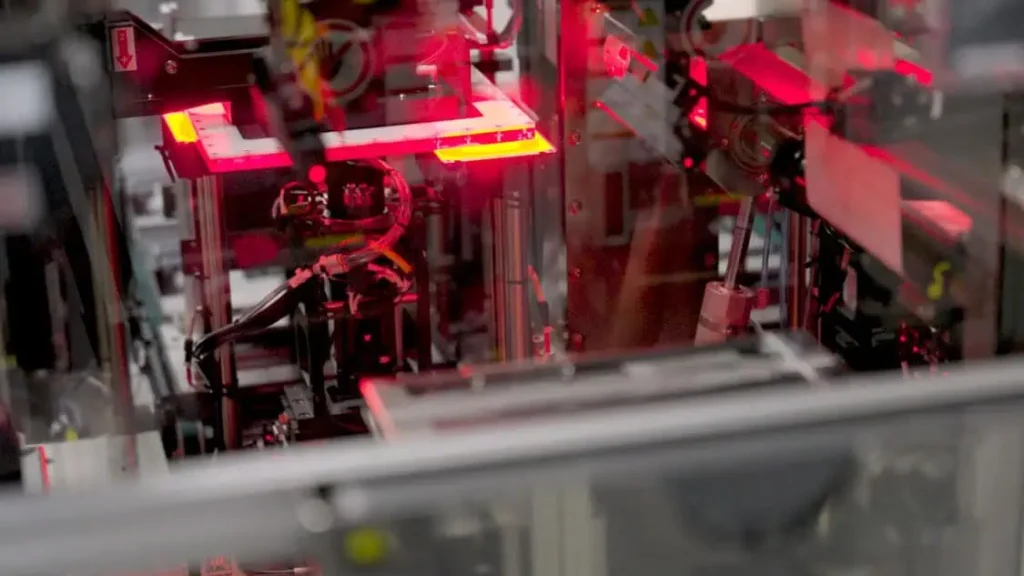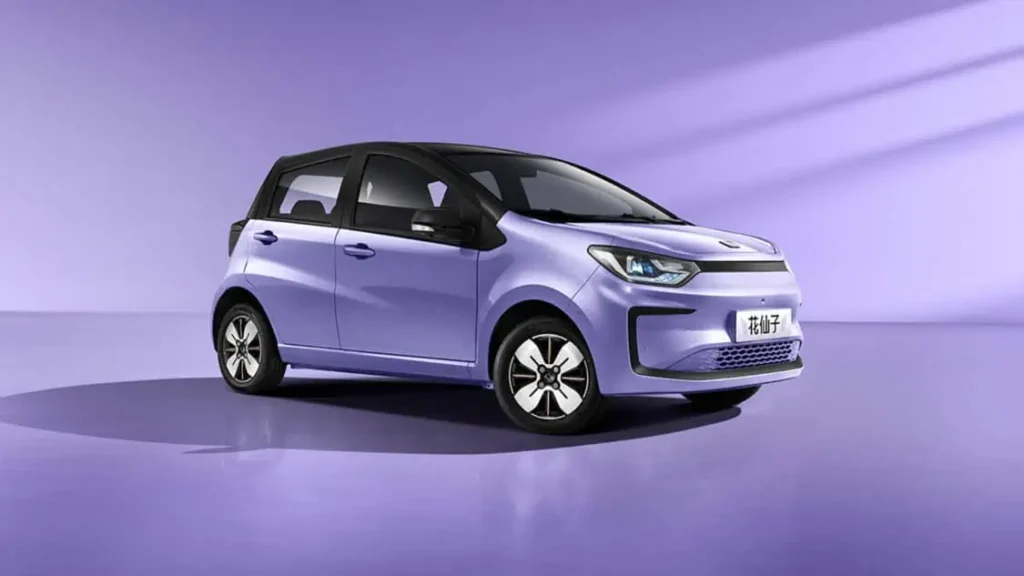We’re (Eventually) Getting the First U.S. Factory to Produce Sodium-Ion Batteries
In April, Natron Energy announced the first commercial-scale production of sodium-ion batteries in the U.S., with its new factory in Holland, Michigan. This facility, which was once used for lithium-ion battery production, is being transformed to accommodate the manufacturing of sodium-ion batteries, projecting an annual output capability of 600 megawatts. With a strategic focus on meeting the surging demand for energy storage, Natron is positioning itself as the sodium-ion battery leader. This means that sodium-ion EV batteries produced by Natron may be coming soon.
The 600 megawatts slated for initial production is just the beginning for Natron. The company plans to scale up to more gigawatt-size facilities. The inclusion of off-road industrial vehicles, EV fast charging stations, and the telecom industry as target markets indicates a strategic move to diversify Natron’s portfolio.
This approach not only broadens the potential impact of sodium-ion technology in various sectors but also showcases Natron’s commitment to supporting a wide array of energy needs with more sustainable and efficient solutions.

Sodium-Ion Battery vs. Lithium-Ion Battery for EV Power
The relatively low cost of sodium-ion batteries not only makes them appealing but also makes them useful to power community electric vehicles, secondary cars, and other applications that demand short-range mobility rather than the high costs associated with lithium-ion. Lithium-ion is currently the dominant technology for EVs, featuring long-range, fast-charging batteries.
EV battery technology is witnessing a shift, with innovators aiming to supplant lithium-ion batteries with sodium-ion variants in vehicles designated for highway travel. A pioneer in this transition is the Swedish startup Northvolt, which has already taken significant strides toward this goal.
Sodium-Ion, an Innovative New Battery Technology
Sodium-ion batteries (NIBs, Na+, SIBs, or Na-ion batteries) leverage sodium ions (Na+) as charge carriers in a manner that mirrors the operational principles of their lithium-ion counterparts. What distinguishes sodium-ion batteries is the substitution of lithium with sodium for the cathode material.
Sodium-ion batteries offer enhanced safety profiles, reduced cost, a lengthier lifecycle, and improved environmental sustainability when compared to lithium-ion batteries. Despite these advantages, sodium-ion batteries have a lower energy density, which naturally positions them into applications requiring less energy-intensive solutions, such as small cars, electric bicycles, e-scooters, and low-speed vehicles (LSVs).
The core ingredient in these batteries — sodium carbonate (soda ash) — is one of the Earth’s most plentiful resources. The growing adoption of sodium-ion EV batteries, manufactured in the U.S. and other regions, has the potential to diminish reliance on China during the EV revolution’s pivotal global shift towards green transportation, away from polluting internal combustion engine vehicles.
China Leads Global Lithium-Ion and Sodium-Ion Battery Industries
China has emerged as the global leader in both the production and adoption of EVs, having invested substantially to secure a significant lead over other nations. China is responsible for producing 75% of the world’s lithium-ion batteries, which are crucial for powering electric vehicles. This dominance in battery production grants China a considerable advantage in the EV market. China was also the first to release EVs using sodium-ion batteries.
Given their advantages, such as enhanced safety profiles, lower costs, and reduced environmental impact, sodium-ion batteries are being viewed as a promising alternative to lithium-ion batteries. This development could redistribute the global EV production landscape, diminishing China’s monopoly over the EV battery market as other countries, including the U.S., explore and invest in sodium-ion technology for electric vehicles.

In December 2023, the global EV market saw a milestone with the launch of the world’s first sodium-ion battery car by Yiwei in China, an EV brand under the umbrella of JAC Group and supported by German automotive giant Volkswagen.
December 2023 also saw another significant leap in EV battery technology with the release in China of the JMEV EV3 (Youth Edition), the world’s first A00-class electric vehicle to be powered by sodium-ion batteries developed by Farasis Energy, boasting an impressive range of 251 km (156 miles).
BYD, a leader in the global EV industry, initiated the construction of its first sodium-ion battery plant in Xuzhou, China, in January 2024.
The Future of Sodium-Ion Batteries in the U.S.
In the United States and around the world, sodium-ion EV batteries are quickly gaining traction. The U.S. has a significant supply of sodium carbonate, used in sodium-ion batteries. The U.S. is the world’s No. 1 producer of sodium carbonate. Will the U.S. become the leading global sodium-ion EV battery producer? With further government support and a blazingly fast increasing rate of EV adoption, the possibility seems likely.

Electric Vehicle Marketing Consultant, Writer and Editor. Publisher EVinfo.net.
Portfolio: BillPierce.net
